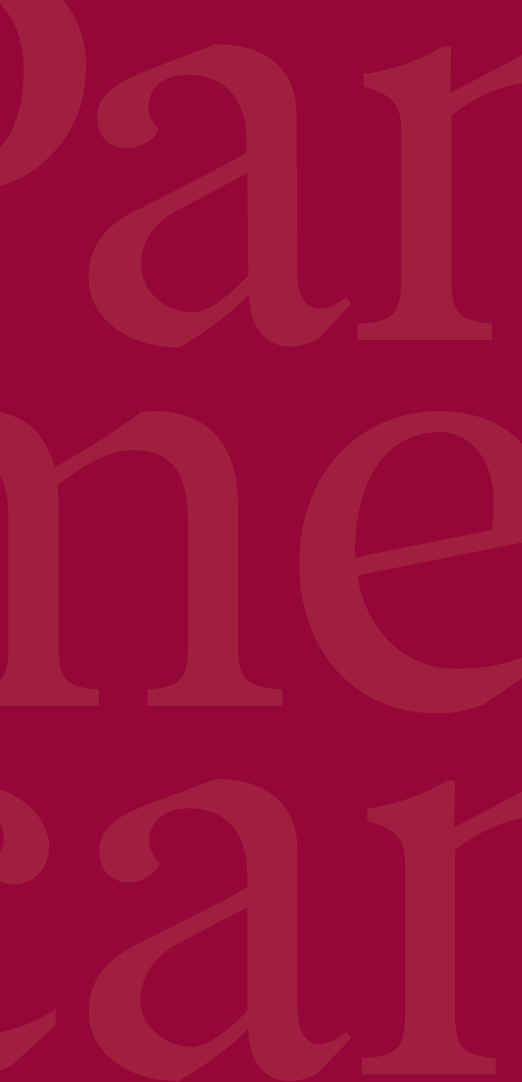

Psychology Program
The curriculum of the Bachelor's Degree in Psychology at Universidad Panamericana campus Aguascalientes has been built based on the need to have highly trained psychologists in the different areas of psychological intervention, with an important sense of the human, with ethical discernment and with solid foundations in psychological theories and interventions supported by evidence, to manage timely and prudent actions in cases that arise in the professional practice.
Its structure has been elaborated based on thematic content blocks that include the areas of Foundation, Evaluation and Psychodiagnosis, Intervention, Neuroscience and Behavioral Biology and Research. Additionally, a block of Complementary subjects and one more of Optional subjects are included.
Specializing and Updating courses; the latter are intended to train students in cutting-edge contents in the advances of psychological science. In this way, the curriculum forms a network of academic content sufficiently solid and containing for future psychologists to acquire the necessary tools for the broad practice of their profession.
The clinical focus of our psychology program is unique in the region as it emphasizes clinical intervention in depression, anxiety, addictions and other psychopathologies that affect our population. The summers of international internships, as well as the 600 hours of clinical, forensic, legal, social, educational and business internships help our students strengthen their objective, humanistic and scientific intervention skills.
Main Certifications
- SEP RVOE
- Certified by CIFRHS (Interinstitutional Commission for Training in Human Resources for Health). Human Resources for Health)
ENTRY PROFILE
The following are the characteristics that make up the entry profile that serve as the basis for the selection interview:
KNOWLEDGE:
- Distinction of the fundamental elements of the scientific method and research.
- Knowledge and understanding of basic concepts in biology, human, social and health sciences.
- Knowledge of general culture
- Logical-mathematical knowledge
- Reading and writing comprehension of the English language
SKILLS:
- Analytical, synthetic, observational and abstraction skills
- Ability to solve problems and face new challenges
- Decision-making skills
- Oral and written communication
- High level of reading comprehension
- Competencies for the use of information technologies in the academic environment.
- Assertive communication and collaborative work
- Self-criticism, self-assessment and adaptation
- Listening skills
- English language literacy
- Innovation and Entrepreneurship
APTITUDES:
- Verbal and numerical skills
- Critical thinking
- Genuine taste for scientific knowledge and research.
- Interest in academic study and particularly in the social and behavioral sciences.
- Interest in understanding human behavior in diverse situations and contexts.
- Reflective sense of self and of the human condition
- Interest in solving social problems in different sectors and fields.
- Respect for human dignity, cultural diversity and the pursuit of the common good.
- Vocation of service and ethical sense
- Empathy, sense of justice and social responsibility
- Commitment to the health and wellbeing of the population
- Study habits, responsibility, discipline and time organization.
BLOCK B
- History of culture
- Fundamentals of psychology
- Basic psychological processes
- Psycho-affective processes
- Genetics and neurodevelopment
- Psychology of child development
- Research Seminar
- Person and society
- Behavioral and cognitive approaches
- Thought and language
- Judgment and decision making
- Neuroanatomy
- Psychology of adolescent development
- Gender and equity studies
- Ethics
- Humanistic approaches in psychology
- Behavioral analytical approaches
- Psychometrics
BLOCK I
- Neurophysiology
- Developmental psychology of adults and older adults
- Personality theories and individual differences
- Theological Anthropology I
- Systemic approaches
- Abnormal behavior
- Psychological assessment methods and techniques
- Psychopharmacology
- Social Psychology
- Observation and interview workshop
- Theological Anthropology II
- Evidence-based research seminar
- Psychopathology
- Psychological instrumentation
- Neuropsychological evaluation
- Data analysis workshop
- Social philosophy
BLOCK P
- Crisis intervention and psychological first aid
- Psychodiagnosis
- Intervention in neuropsychological rehabilitation
- Fundamentals of Child and Adolescent Psychotherapy
- Research methods in clinical psychology and intervention evaluation.
- Man and the contemporary world
- Supervised Clinical Intervention: Children and Adolescents
- Interdisciplinary approach to addictions
- Refresher Seminar I
- Fundamentals of psychotherapy for adults and older adults
- Delinquent and psychopathic behavior
- Design of interventions and creation of public policies for health promotion and prevention.
- Professional ethics
- Supervised Clinical Intervention: Adult and Older Adults
- Refresher Seminar II
- Intervention in educational psychology
- Legal and forensic psychology
- Psychosocial intervention in organizations
OPTIONAL SUBJECTS
- Bioethics
- Oral language development and disorders
- Behavior modification and neurofeedback workshop
- Current models in neuroscience
- Development of research lines
- Anxiety and mixed disorders
- Depression and suicide prevention
- Clinical intervention in psychosis
- Psychological intervention in mediation and conciliation.
- Domestic and gender violence
- Early stimulation and child training
- Learning disorders
- Consumer psychology
- Family orientation
Admissions



